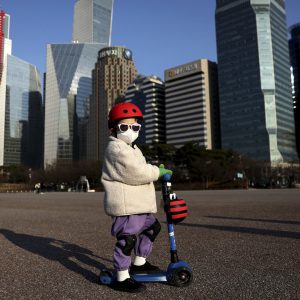The World Health Organization had a plan for the coronavirus but much of the world ignored it.
$1.99
Description
It is increasingly obvious that if there was a set of globally enforceable rules regarding public health practices that all nations had to implement at the first signs of a possible pandemic, we would not be facing the catastrophic health and economic crisis we are facing today with the coronavirus.
What most people don’t know is that in 2005, the World Health Organization (W.H.O.) put in place a set of practices to prevent a coronavirus type pandemic. The strategy called for increased powers for the W.H.O. to co-ordinate a global fight against infectious diseases.
The present crisis shows that the W.H.O. strategy failed.
Why? Because political leaders in many nations (notably, but certainly not only, China) either bullied the W.H.O. into delaying the declaration of the coronavirus as a public health emergency, or ignored W.H.O. guidelines on how to stop the pandemic.
In other words, in a globalized world where millions travel outside their home countries every year, the organization whose purpose it is to protect world health has little clout over the jurisdictions that actually deliver public health services.
The lesson? In a globalized economy, we need a strong international public health organization that can force countries to implement agreed upon public health practices in a timely manner.
In other words, a globalized economy requires globalized public health.
This post concludes with some steps that can be taken to greatly empower the World Health Organization so that it has the clout to effectively fight pandemics such as the coronavirus.



